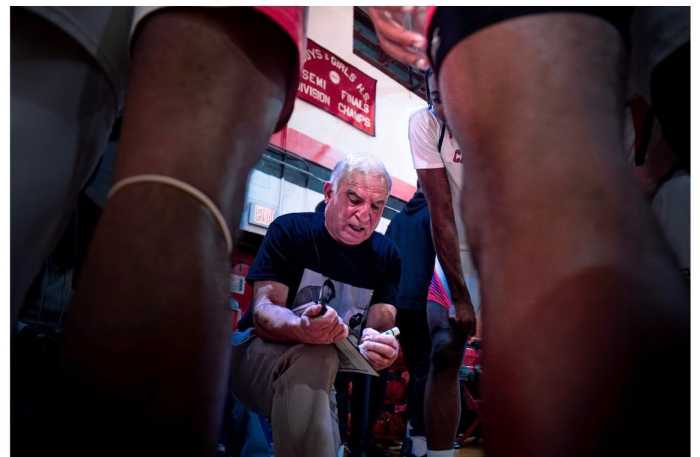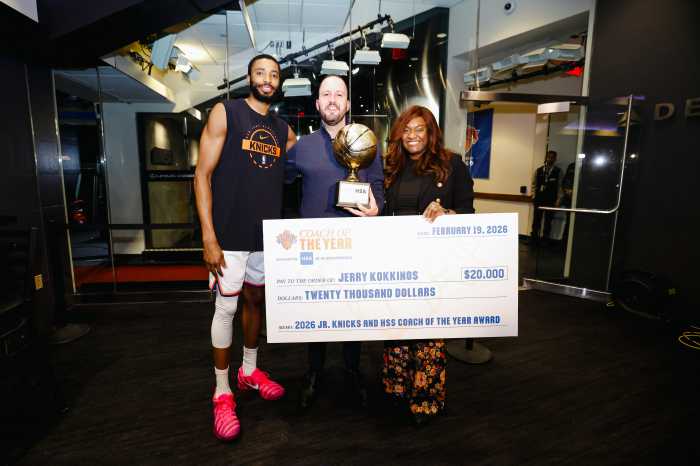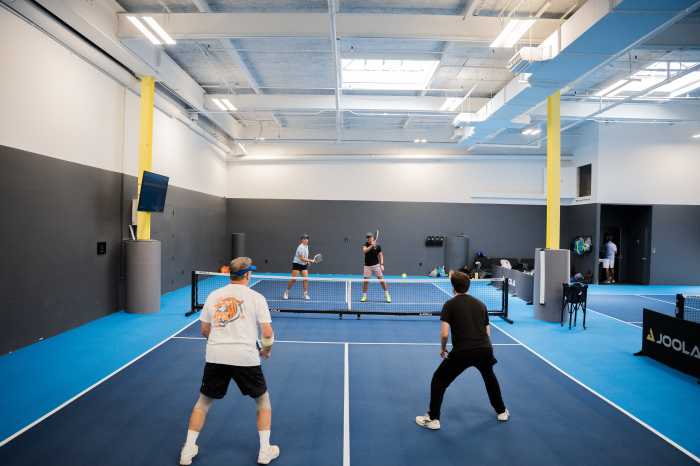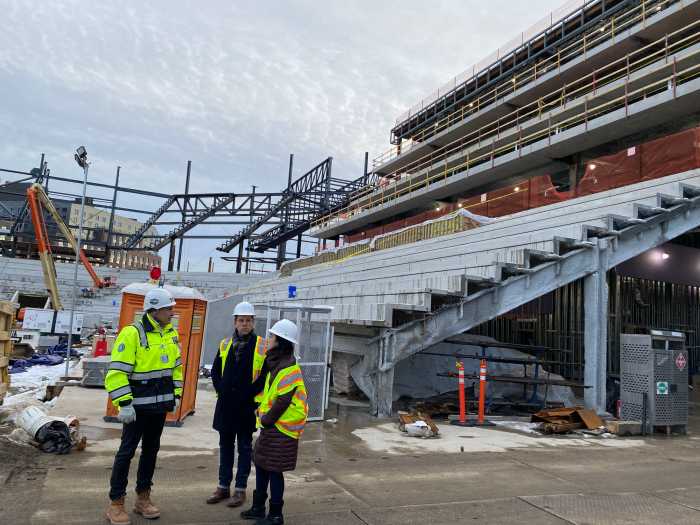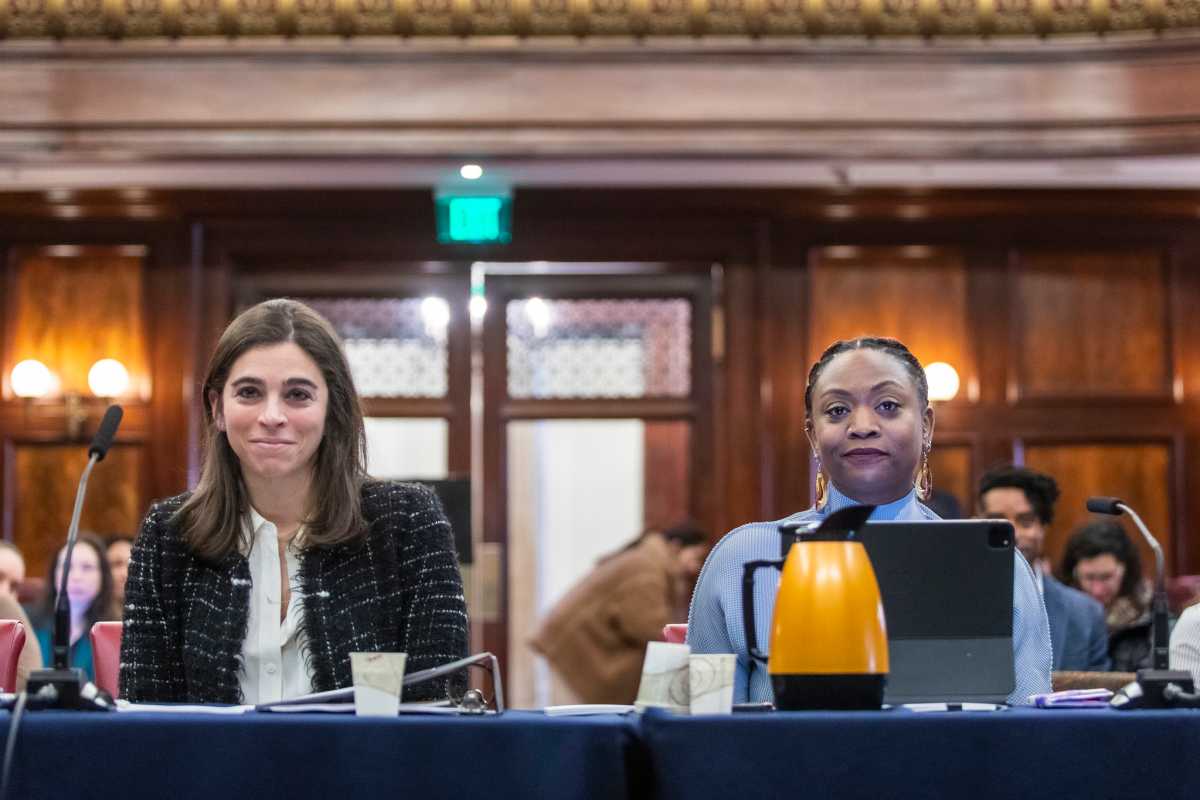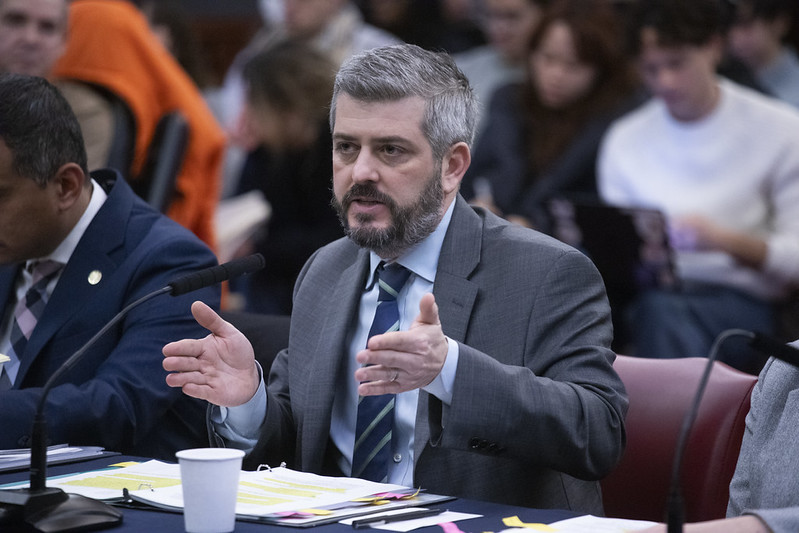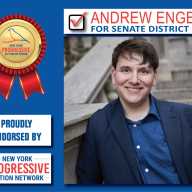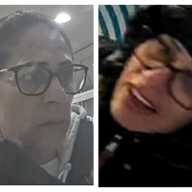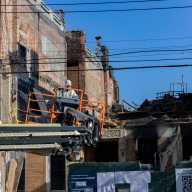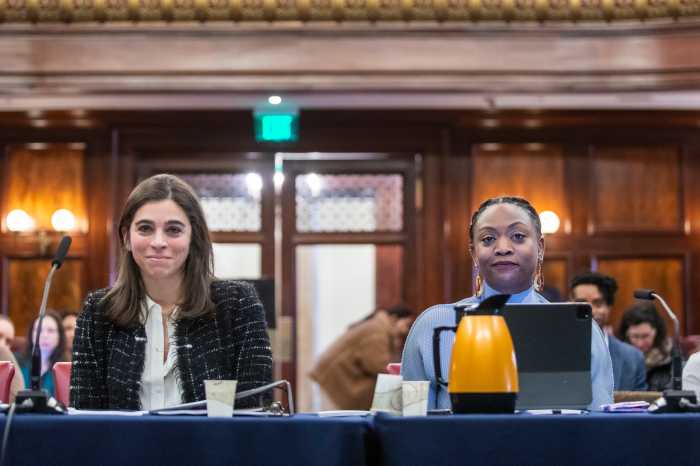Poker
Nobody likes folding. It prevents us from seeing cards, and our innercuriosity begs us to see as many of our opponents’ cards as possible.

We usually associate especially skillful poker with more dramatic plays like hero calls and multi-barrel bluffs, but few things in televised poker are more impressive than a player making a correct and sensible big fold. The frustrating part about making big folds in most tournament scenarios is that we’ll never know whether our conservative decision was correct, or whether our opponent thought one level ahead of us and manipulated our apprehension.
In September, I played the $3,500 WPT event at the Borgata Hotel in Atlantic City. It was a re-entry event that drew an enormous field of 1,313, and early in Day One, I found myself in an awkward situation. I had two opponents in the hand. The first was a man in his late 30s in Seat One who’d been playing loosely. The other was a quiet kid in his early 20s in Seat Four, two seats to my right. He’d arrived late and hadn’t been heavily involved.
Everyone had roughly their starting stack of $30,000 in chips, and the blinds were $50-$100. I held 10h 10s two off the button. The player in Seat One was under the gun, and he called for $100. The kid in Seat Four also called, and after the player between us folded, I raised to $500. Everyone else folded, and both callers paid $400 more to see a flop.
The flop came Kd Qs 2h, and both opponents checked. I checked behind, and the turn paired the board with the 2d. Again, both opponents checked, and I checked behind- which I suppose is fine, though a bet likely would have been preferable. As you develop in poker, it’s important to be objective about flaws in your game, commonly called “leaks.” I still have plenty.
The river brought the 10d, giving me an unexpected full house and making a flush possible for my opponents. After two streets of everyone being passive, the man in his 30s fired out a bet of $500. The kid thought things over, then raised to $2,600.
I knew I was going to raise, but I’d decided ahead of time that I should raise an amount small enough
–SEE POKER ON PG. 66- that it could be called by a flush despite the known full-house possibilities on the board, yet leave me enough chips to fold if one of my opponents confidently moved in over the top. I raised to $6,500, leaving me with about $21,000. The man who’d bet $500 folded, returning the action to the kid. He thought briefly, then announced, “All in.”
Although I had told myself I’d fold if he did that, I sat there exasperated, trying to find a reason not to. It was improbable for him to have a better full house, because it was unlikely he’d just call behind a caller with pocket queens or kings preflop. However, it seemed the only worse hand he could have was an ace-high flush, and that was only if he was a little crazy and didn’t think about how many full-house possibilities the paired board created.
After much wincing and facepalming, I relinquished my hand to the muck and gave up the pot. My opponent said nothing and slid his cards towards the middle face down. He later remarked to another player that he had an ace-high flush. Few at the table seemed to believe him.
But I’ll never really know.
Tony Dunst is a poker pro and host of Raw Deal on World Poker Tour telecasts.


